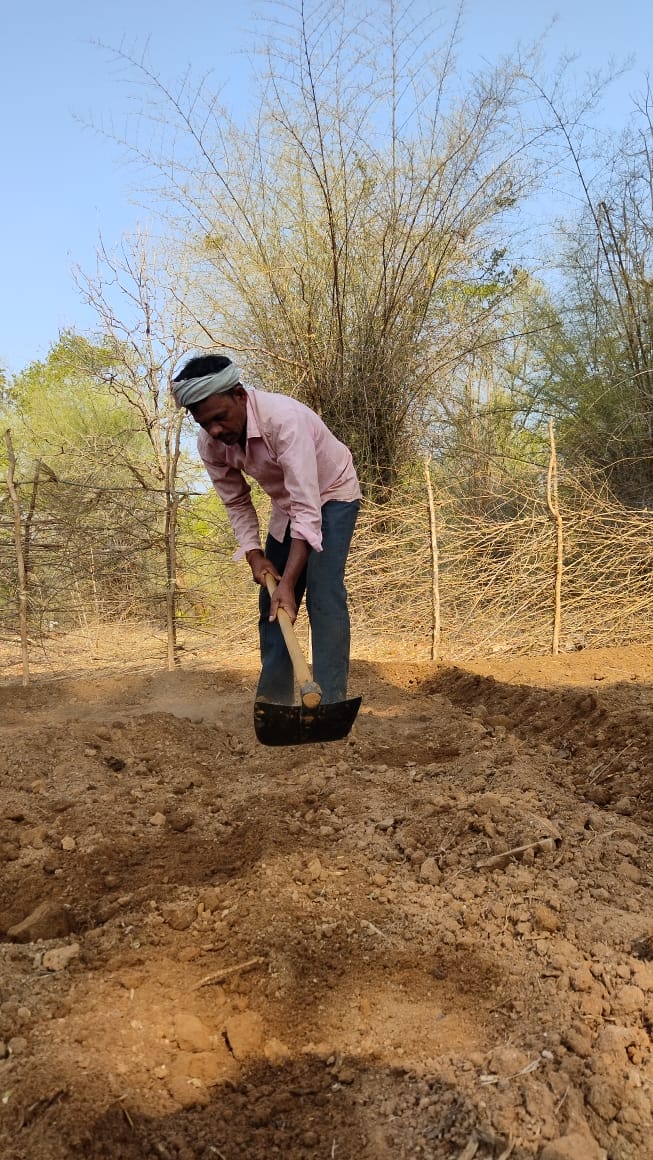Benefits of Hand Tools in Farming: Sustainable & Precise

Farming with hands and hand tools offers several benefits over farming with machines, especially in certain contexts or for specific types of agriculture.
Here are 10 benefits of farming with hands and hand tools:
- Cost-effective: Hand tools are generally more affordable and accessible compared to expensive agricultural machinery. They require less initial investment and are suitable for small-scale and subsistence farming.
- Sustainable: Hand tools have a low carbon footprint, as they do not require fossil fuels or electricity to operate. This makes them a more sustainable option, particularly in remote areas or regions with limited access to energy resources.
- Versatility: Hand tools can be used in various farming tasks, such as planting, weeding, harvesting, and soil preparation. They allow farmers to adapt and perform multiple functions without relying on specialized machinery.
- Precision: Hands and hand tools provide a higher level of precision and control, especially in delicate tasks like transplanting or pruning. Farmers can directly interact with the crops and adjust their actions based on the specific needs of individual plants.
- Reduced Soil Compaction: Compared to heavy machinery, hand tools exert less pressure on the soil, minimizing soil compaction. This helps preserve soil structure, moisture retention, and the overall health of the soil ecosystem.
- Flexibility: Hand tools are more maneuverable and can navigate through smaller or irregularly shaped fields. This makes them suitable for farms with limited space or uneven terrains.
- Low Maintenance: Hand tools require less maintenance compared to complex machinery. Farmers can easily repair or replace individual tools as needed, without relying on extensive technical expertise or specialized mechanics.
- Community Engagement: Farming with hands and hand tools fosters a stronger sense of community and local engagement. It encourages collaboration and knowledge sharing among farmers, promoting a deeper connection to the land and agricultural practices.
- Preserving Traditional Farming Practices: Hand tools uphold traditional farming practices that have been passed down through generations. They allow farmers to maintain cultural heritage, indigenous knowledge, and sustainable farming methods that have proven effective over time.
- Training and Skill Development: Farming with hands and hand tools offers opportunities for training and skill development among farmers. It encourages the transfer of knowledge and practical expertise, empowering farmers with essential agricultural skills.
It’s important to note that while hand tools have their benefits, larger-scale or modernized agriculture may require the use of machinery to increase productivity and efficiency. The choice between hand tools and machinery depends on the specific context, scale of farming operations, available resources, and the goals of the farmer.
At Bagdara Farms, we choose a hybrid model with most of our effort being manual and about 5% involves machinery that we borrow and do not own.

